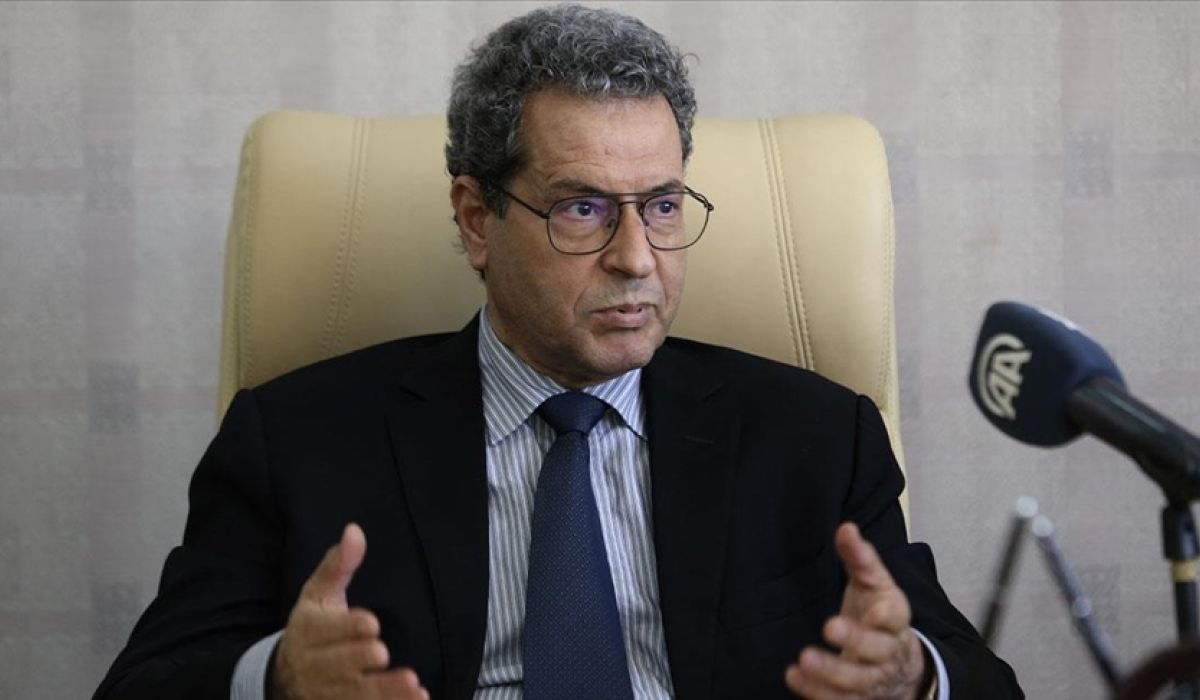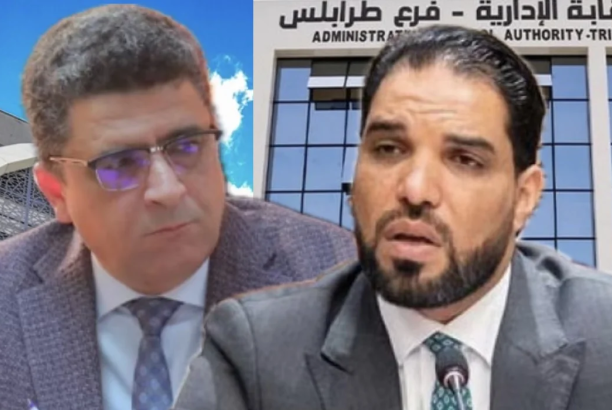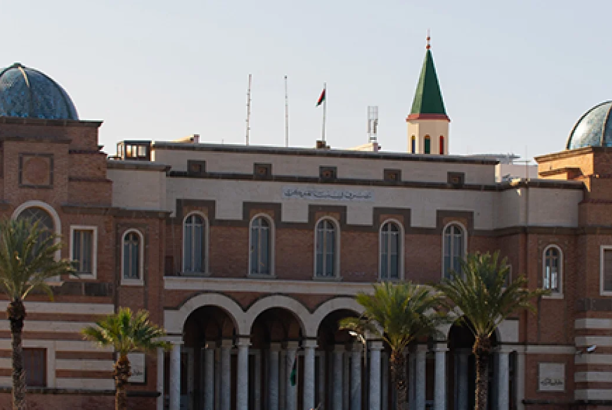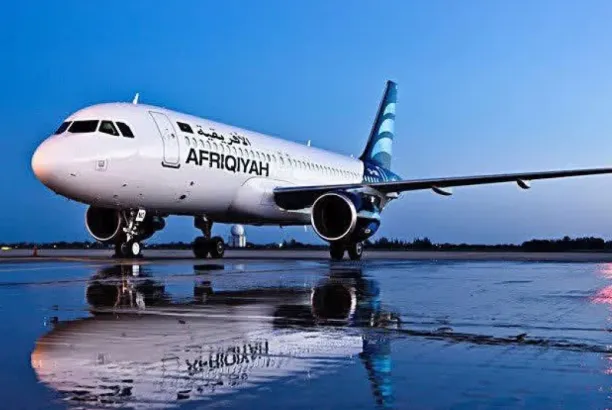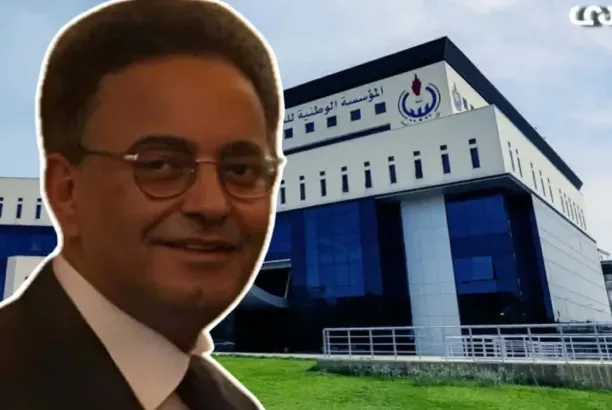The Ministry of Oil and Gas responded to the contents of the letter from the former president of the National Oil Corporation, Mustafa Sanalla, dated January 9, 2022, addressed to the Head of the Administrative Control Authority and published on some social media platforms.
The ministry stated that during the second half of 2006 and the first quarter of 2007, consultations were held between the Minister of Oil and Gas, Mohammed Aoun, who was then an advisor to the National Oil Corporation, and the board of the National Oil Corporation, along with experts. These discussions aimed to increase Libya’s share in oil agreements with foreign partners. The National Oil Corporation’s Management Committee issued Resolution No. (10) for the year 2007 on January 24, 2007, forming a committee and appointing Aoun as its chairman to study ENI’s proposal for the development of its granted areas and to prepare the technical standpoint for negotiations with various companies to improve contract terms.
The ministry added that the committee submitted its report through Aoun on March 22, 2007, consisting of about a hundred pages. The report, among its recommendations, included the option not to renew any contract approaching expiration. The ministry highlighted that contracts like the Sand Field (Concession 82), expiring in 2009, produced only about 10,000 barrels at that time, and the company had the right to request a 10-year contract extension with the approval of the Libyan government under oil law. Similarly, the Concession 100 contract, ending in 2016, was subject to negotiations to improve conditions, not terminate contracts for any reason, according to the government and the General Planning Council at that time.
The ministry also mentioned that during a presentation of direct negotiation results at a ministerial subcommittee, when someone asked why contracts nearing expiration were renewed, Aoun replied that the negotiating committees were tasked with improving conditions. The Libyan state could decide to fully secure the contracts, a recommendation Aoun couldn’t make himself. Following this, the National Oil Corporation’s Management Committee issued Resolution No. (48) for the year 2007 on April 18, forming negotiation committees.
The negotiation committees consisted of a main committee chaired by Aoun and three supporting committees (technical, legal, and financial), comprising expert oil sector professionals. Upon completing negotiations with companies, the results were presented to the National Oil Corporation’s Board for approval or modification. Subsequently, the results were presented to a ministerial subcommittee chaired by the Secretary of the General People’s Committee at that time. Afterward, a proposal to amend the agreements was presented for final approval by the General People’s Committee. The transformation of concession and participation contracts into the fourth model of exploration and production-sharing agreements yielded excellent results in favor of Libya. As a small part of this, more than ten billion dollars were secured through signatures, and the foreign party’s share was reduced to 12%, 13%, 17%, and 30% in each contract. These percentages decrease over time with production, and Libya has not lost but increased its share. Comparing what Libya obtained in 2007 to what it acquired in 2010 after the agreement adjustments revealed an increase of over 100 million barrels of crude oil annually in favor of Libya. The ministry emphasized that the benefits obtained through signatures alone in these agreements exceeded what the former president considered a loss by $250,511,611.
The ministry questioned why Sanalla waited until January 2022 to send this letter after contributing to depleting the oil sector of experts since joining the board in June 2011. It also criticized his role in selling Marathon’s share to the French company Total, delaying refinery development to meet local fuel consumption needs, and delaying the resolution of the Ras Lanuf refinery issue. Furthermore, it criticized allowing foreign companies to retain significant amounts (approximately 10.9 billion Libyan dinars) for 16 months, from which Libya gained no benefit. Additionally, it mentioned the loss of banking profits amounting to approximately 250 million Libyan dinars.


